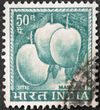 In India, there are over 1000 varieties of mangoes. The fruit is used for everything from drinks to cooking – and it is pickled, stewed, juiced and even used for medicinal purposes. What you may not know about Indian mangoes is that until 2007 there had been an 18 year ban on importing them into the United States due to the pesticides used in India. Now that the ban has been lifted, there are approximately 20 types of "commercially viable" mango varieties that are exported from India to the US and demand for them is high.
In India, there are over 1000 varieties of mangoes. The fruit is used for everything from drinks to cooking – and it is pickled, stewed, juiced and even used for medicinal purposes. What you may not know about Indian mangoes is that until 2007 there had been an 18 year ban on importing them into the United States due to the pesticides used in India. Now that the ban has been lifted, there are approximately 20 types of "commercially viable" mango varieties that are exported from India to the US and demand for them is high.
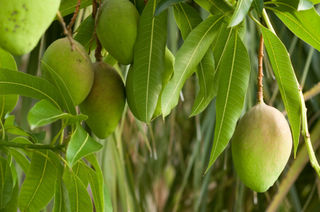 What is most interesting about mangoes, however, is that there are hundreds more varieties of mangoes that you will never be able to taste outside of India. Most of these mangoes are too far from any shore of of the subcontinent to be transported before they ripen and start to rot. In other words, these mangoes are landlocked. Yet they offer one of the most authentic food experiences you can have in the world. The mystery and appeal of traveling to sample those mangoes is a draw in itself (admit it, even reading this far you are wondering how they might taste) – but few Indian tourism groups promote the experience or even offer it to travelers. In India, landlocked mangoes represent a missed opportunity.
What is most interesting about mangoes, however, is that there are hundreds more varieties of mangoes that you will never be able to taste outside of India. Most of these mangoes are too far from any shore of of the subcontinent to be transported before they ripen and start to rot. In other words, these mangoes are landlocked. Yet they offer one of the most authentic food experiences you can have in the world. The mystery and appeal of traveling to sample those mangoes is a draw in itself (admit it, even reading this far you are wondering how they might taste) – but few Indian tourism groups promote the experience or even offer it to travelers. In India, landlocked mangoes represent a missed opportunity.
Now think about your own business and what is "landlocked" in your experience. This might be the unintended uses for your product that people are embracing but you don't promote. Or the "behind the scenes" tour of your offices or production facility. Or the varieties of your product or service you decide not to release, but which still may have an audience. These are the secrets you are intentionally keeping because they are not convenient to market or go overlooked. They are a missed opportunity, but they don't have to be. It is the undiscovered parts of an experience that sometimes offer the best marketing opportunities … if you can just focus on spotting them.







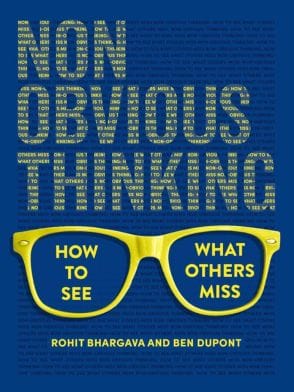

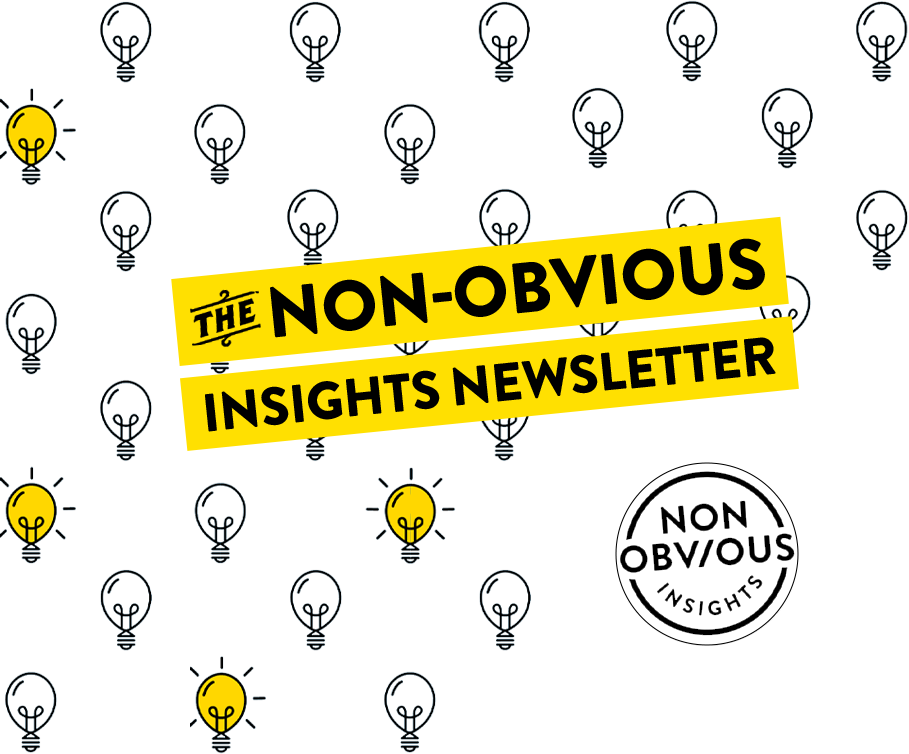


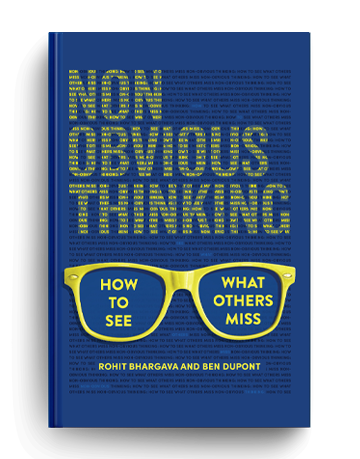

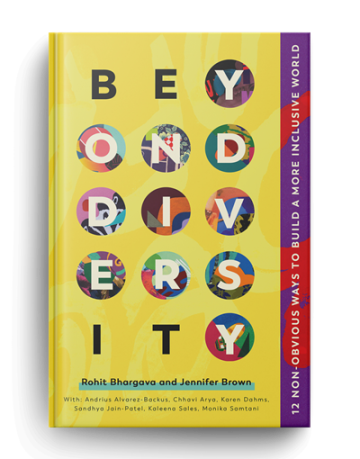
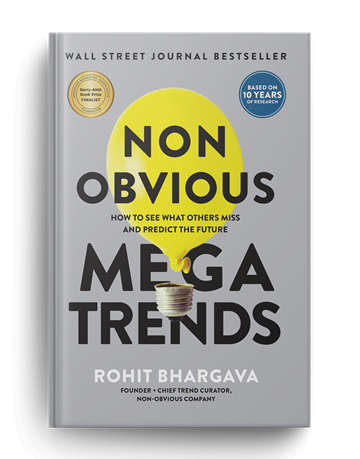



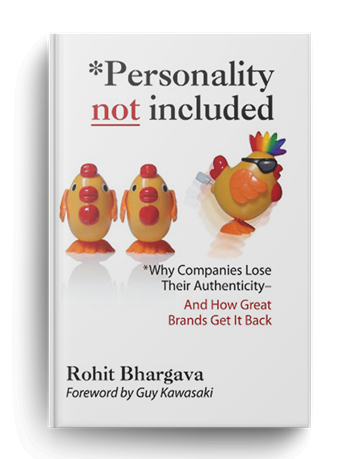
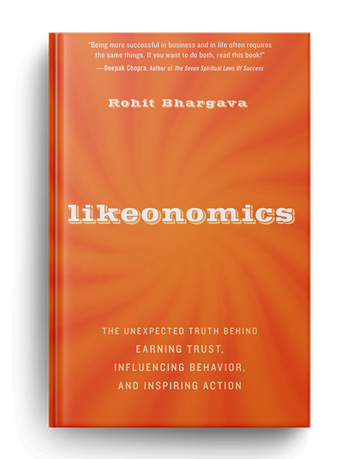


I was in Mumbai for business a while back. We went to dinner with our host and he couldn’t stop talking about the Mangoes. Probably because of the restrictions you mention, I hadn’t eaten a lot of mangoes in my life. But he swore these were the most amazing mangoes ever. So we ordered a bunch for desert. And he was right. They were incredible.
The second marketing lesson learned is that when you’ve got a landlocked product or experience, the most valuable thing for you and your brand is your evangelists. Let them in on the secret and let them tell people about it. Otherwise, I may have never tried those amazing mangoes.
Rohit, I’m still learning about marketing so the “landlocked” items you’re talking about has me racking brain trying to figure out what has great untapped potential.
@Ryan
Another great point. I first read something like that in John C. Maxwell’s 21 Irrefutable Laws of Leadership. Basically said influence the influencers to expand your reach.
Mangoes are one of my all-time favorite foods. I just might have to go to India someday.
Yes, I get the point. 🙂 Great post.
While identifying your “landlocked” assets is the big idea here don’t lose sight of Rohit’s other point, building a story around the item (what the tourism board should be doing with the mangoes).
Were these landlocked mangoes served at the Taj Mahal? Used by long ago rajas to woo maidens? Have wars been fought over their territory? I have very little knowledge of Indian history so those might be bad examples, but you get the idea. Increase the desire for your landlocked assets by building the myths and legends that increase desire and demand.
Mangoe is my favorite fresh fruit. I have much mangoe’s tree in my garden